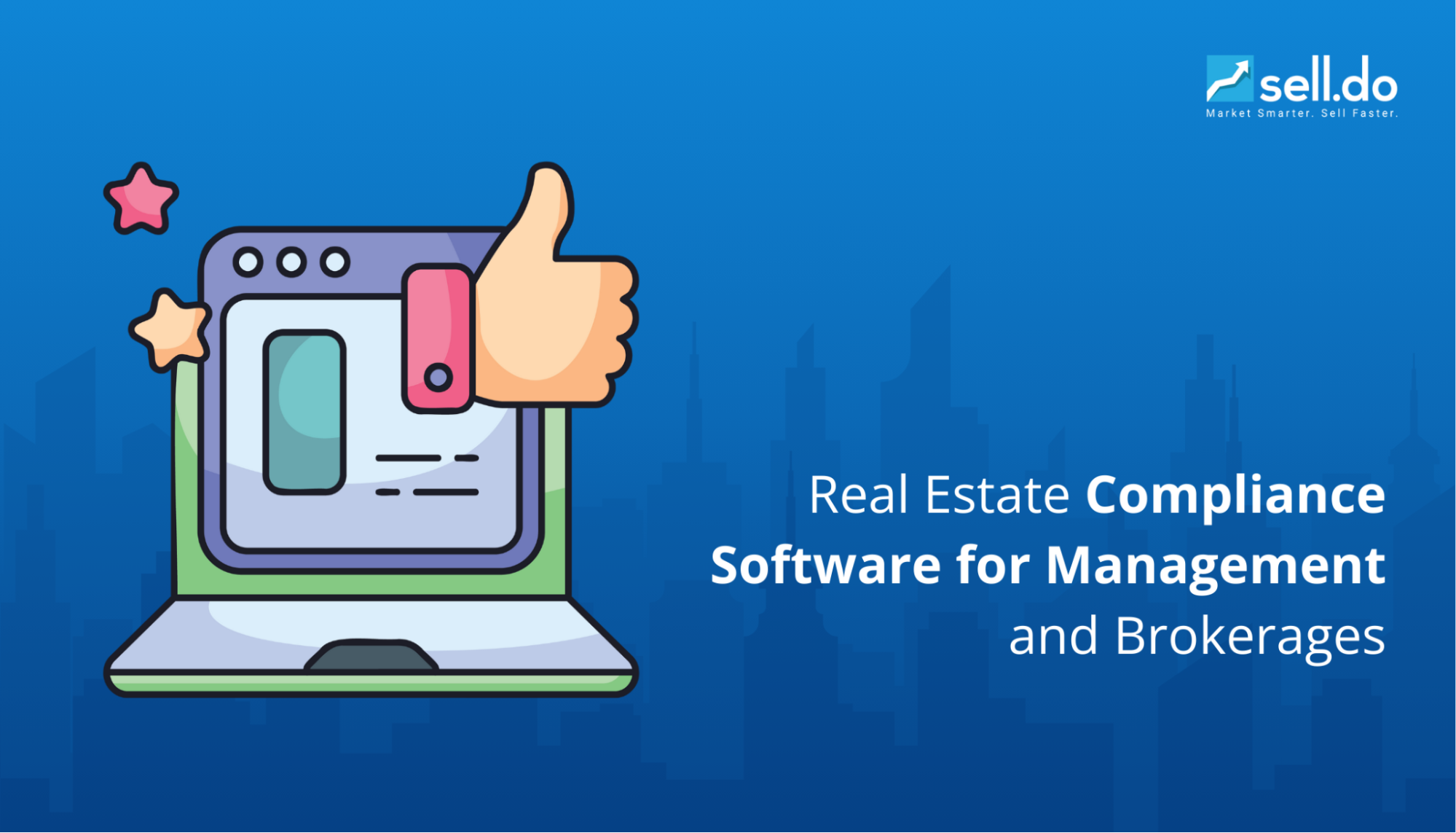Commercial Real Estate (CRE) investment is considered as a smart decision due to its consistent returns, passive income and potential growth. With careful planning and research, investing in commercial Real Estate can grow into one of the best assets. But it’s little different as compared to the residential sector. For starters, the ticket-size is far greater in commercial real estate compared to that in residential properties.
Since the past few years, there has been a huge rush in MNCs moving to India because of vast educated English-speaking workforce, lesser-priced office spaces and accommodative regulatory regime. For them, Commercial Real Estate has become the prime choice for investment, especially in metropolitan cities of Bengaluru, Hyderabad, National Capital Region (NCR), Pune and Mumbai.
Investing in Commercial Real Estate majorly involves the following set of activities or processes
- Choosing the type of property (Retail, Office, Warehouse, etc.)
- Budgeting
- Location analysis
- Property identification
- Property verification
- Price negotiation and purchase
- Execution/registration
- Rent collection
Out of all these, property verification is one of the most critical steps wherein you have to conduct a thorough review of the property in terms of ownership, legalities, agreements, permits and other such important aspects. You’d be investing in properties that have the potential to deliver high ROI, and the last thing you’d want is to fall in any sort of a legal hassle. It’s therefore essential to understand some useful tips for investing in commercial Real Estate -
Ensure the property has a Clear Title
A property with a clear title implies that the particular individual or group rightfully owns it without any restrictions or legal risks. If it isn’t, then the property is considered as a title risk due to the ambiguity of ownership. To avoid such risks, it’s advisable to appoint a law firm specialised in title diligence or verification.
Acquiring Permits
Be it commercial or residential; every property has to have certain certifications and permissions from the Government. These include occupancy certificates, NOCs, approvals from local governing bodies concerning construction, ownership and environmental regulations. Again, a certified law firm can be beneficial in such cases. Law firms ensure that all the government permits and clearances have been received from all the required departments. This ensures that the building is compliant with all the local and central government regulations.
Prevent Litigation
In India, Real Estate properties are considered as one of the most litigated assets. There are ample instances of properties or projects being shut down due to legal disputes. Interested investors should, therefore, ensure that the properties they choose do not have any outstanding legal disputes or issues.
Encumbrance
An investor needs to make sure that nobody has a claim on the property other than the owner, such as a bank or other financial institution. Generally, tenanted Commercial Real Estate is mortgaged to banks for a lease rent discounting loan. This can be checked through a publicly available Encumbrance Certificate.
Tenancy
In the case of a tenanted property, the verification of the lease deed must be completed for the confirmation of lease terms such as rent, common area maintenance charges, etc. Thus, the buyer needs to make sure that all the terms are in-line with what has been agreed with the seller.
Commercial Real Estate has been on the rise in the past two decades. The growth of start-ups and the demand for modern office space has seen an increase in investment and returns in the Commercial Real Estate market. Sell.Do, one of the best real estate CRM, has been helping investors in making the right choice of investment, smartly and efficiently.
If you are considering an investment in CRE, consider the above tips before taking the plunge.






Leave a comment
Comments (0)
Be the first one to comment.